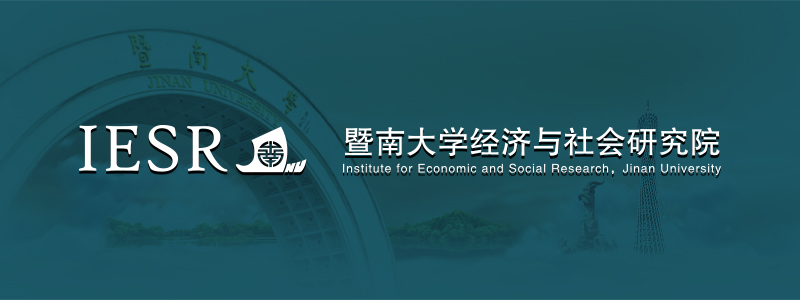Computational Economics
Wei Lin, Zhentao Shi, Yishu Wang, & Ting Hin Yan
Abstract
The housing market is of tremendous importance to the Chinese economy. Housing prices in a metropolitan like Beijing are determined not only by the structural attributes of housing units, but also by the externality stemming from local amenities and their investment potential. Meanwhile, the traditional hedonic pricing model fails to capture the latter two aspects due to its inability to capture the spatial and temporal dimensions of the housing market. In this paper, we augment the traditional model by introducing machine learning algorithms that can handle the additional complexity arising from time and space. Using a transaction-level dataset of housing prices in Beijing, we compare the performance of random forest and Gradient Boosting Machine (GBM) with Ordinary Least Squares (OLS), k-Nearest Neighbor (KNN) and local polynomial. We find that GBM significantly outperforms the other methods in spatial prediction and sequential forecast. GBM’s superior predictive capacity indicates the potential of machine learning techniques in reducing the costs of real estate appraisal, alleviating information asymmetry in the housing market, and improving people’s welfare given the implications of home ownership on economic inequality and social mobility.
Read more
https://link.springer.com/article/10.1007/s00148-022-00932-y




